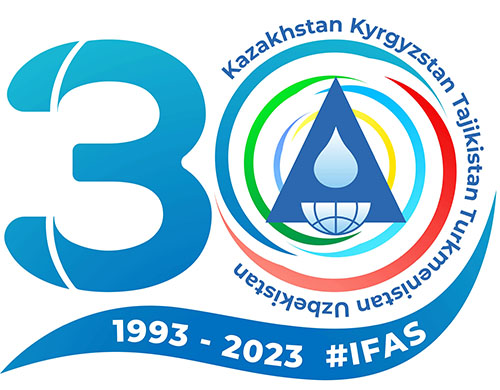INTERNATIONAL CONFERENCE “CENTRAL ASIA: TOWARDS SUSTAINABLE FUTURE THROUGH STRONG REGIONAL INSTITUTION” ON OCCASION OF THE 30TH ANNIVERSARY OF THE INTERNATIONAL FUND FOR SAVING THE ARAL SEA

The decision to establish IFAS was made by the Heads of Central Asian States at their meeting in Tashkent, the Republic of Uzbekistan, on January 4, 1993, and the Regulation on IFAS was approved subsequently at the next meeting of the Heads of Central Asian States on March 26, 1993, in Kyzylorda.
For 30 years of its activity, IFAS has been able to provide a regional platform for dialogue and cooperation to address the region’s most pressing problems related to water and the environment. The Fund contributed to the development of qualitatively new interstate relations in the region by strengthening regional cooperation and ensuring conflict-free resolution of complex water management issues.
The Conference aims to reflect on the past accomplishments, to provide insight into current streams of cooperation, and to develop an agenda for future vision. The Conference will celebrate a special role of the IFAS as a unique platform for water and environment cooperation in Central Asia. Within the framework of the Conference, stakeholders are given the opportunity to organize interactive dialogue sessions, side and special events.
The objectives of the Conference are to:
- Take stock and commemorate the achievements made by the IFAS in establishing an inter-governmental basin organization for cooperation in the Aral Sea basin;
- Recognize the broader regional developments, challenges and opportunities and the need for a multilateral cooperation, joint effort and partnership with IFAS;
- Recognize the profile of the IFAS as a unique results-oriented political platform for regional cooperation on water, environment and socio-economic development in the Aral Sea basin;
- Set a forward-looking strategic vision for the improved legal and institutional structure of the IFAS.
The Conference brought together high ranking officials, policy-makers, experts, scientists and enthusiasts from IFAS member-states and other regions, representing government agencies, international organizations, financial institutions, academia, civil society and other interested parties. Special attention was given to participation of youth, women, the private sector and scientific community.
The Conference included two plenary sessions, four interactive dialogues, two cooperation workshops focused on the future of water and environmental cooperation in the Aral Sea basin and enabling technical factors and approaches.
The IFAS Board meeting and the fourth meeting of the Coordination platform of the IFAS Executive Committee with development partners were also held.
|